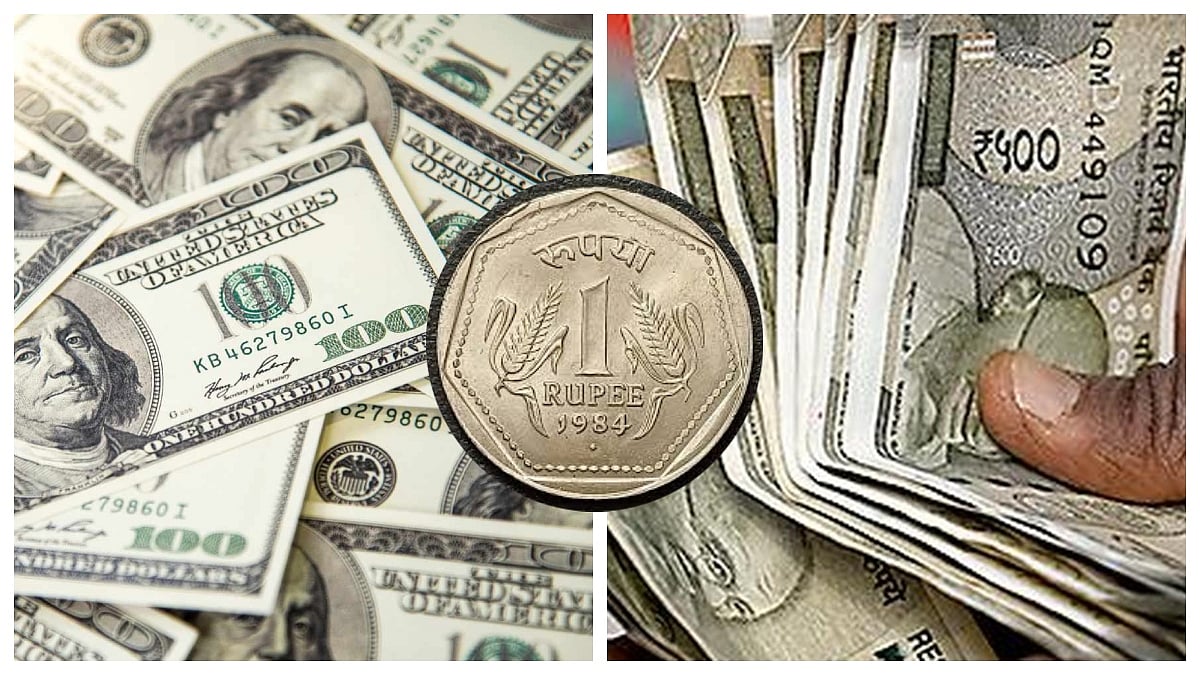Mumbai: Information Technology is a vast field that involves various activities, including crimes. Every day, criminals come up with new ideas, and our security system struggles to handle them. As the country is rapidly transitioning into a digital economy, laws play a crucial role in shaping how technology-related matters are handled. However, there are debates about whether these laws are sufficient and effective. The IT Act of 2000 was established, but over time, the Ministry of Electronics and Information Technology was amended three times. Yet, it has been criticized for not keeping up with new technologies. To address this, a new digital law is being developed.
The Information Technology Act of 2000 was enacted on June 9 and came into effect on October 17 of the same year. Its aim was to define the digital space it governs while focusing on data handling policies. In 2008, the Act was amended on the proposal of the Ministry of Electronics and Information Technology to cover cyber-crimes related to banking and financial transactions.
Given the current IT landscape with a significant increase in Internet users (from 5.5 million in 2000 to 850 million Indian users today) and their activities and devices, the Ministry of Electronics and Information Technology is proposing the Digital India Act (DIA) to replace the outdated IT Act of 2000. This new act will encompass Digital India principles such as Open Internet, Online Safety and Trust, Accountability and Quality of Service, Adjudicatory Mechanism, and New Technologies like Artificial Intelligence and personal data protection.
India's Cyberspace Regulated By Both Old & New Laws
Advocate (Dr.) Prashant Mali, a Cyber and Data Protection Lawyer, mentioned that India's cyberspace is regulated by a combination of old and new laws, including the IT Act of 2000, as well as other acts related to copyright, trademarks, and digital personal data protection.
Currently, there is a lack of clarity regarding individual rights on the Internet. Laws related to the digital world do not adequately ensure the safety of women and children. Misinformation and online conflicts are prevalent, and the current legal framework is insufficient in addressing them.
"The Digital India Act is forthcoming and aims to address the existing gaps in the country's laws. We urgently require a law to penalize online abusers and address online defamation. Cryptocurrency also needs legal regulations. Given the rapid pace of technological advancement, laws must keep up with technology. We need an immediate law for Artificial Intelligence, similar to what the European Union has implemented. We should follow their lead as soon as possible," suggested Prashant Mali.
History shows that India's legal changes don't happen quickly. Society, concepts, and technology evolve rapidly, impacting our daily lives. However, the legal system often relies on outdated laws. Perhaps, the 'Digital India Act 2023' will be the first law to adapt based on market trends.
Mali, the Cyber and Data Protection Lawyer, noted that India is catching up with other countries, but a key difference is the large number of IT and mobile phone users in India. Language barriers also affect the spread of legal awareness.
The Information Technology Act of India has played a significant role in shaping the country's digital landscape. As technology continues to develop and new challenges arise, the act must evolve to address the changing nature of the digital world. This will ensure that India's legal framework remains relevant and robust in the face of technological progress.
Key Points:
1) IT Act of 2000 was enacted on June 9.
2) IT Act of 2000 came into effect on October 17.
3) The original Act contained 94 sections.
4) IT Act of 2000 was amended in 2008.
5) Amendments included cyber-crimes related to banking and financial transactions (2008).
6) Section 66A was removed by the Supreme Court in 2015.
7) In 2022, the Ministry of Electronics and Information Technology proposed the Digital India Act (DIA).
8) DIA will cover cybercrime, data protection, deepfakes, and online safety
9) Aligned with Digital India Goals of 2026 for a $1 trillion digital economy.
10) The Government aims to introduce DIA in this year's parliament session.
11) The 'Digital India Act 2023' may replace the IT Act of 2000.










